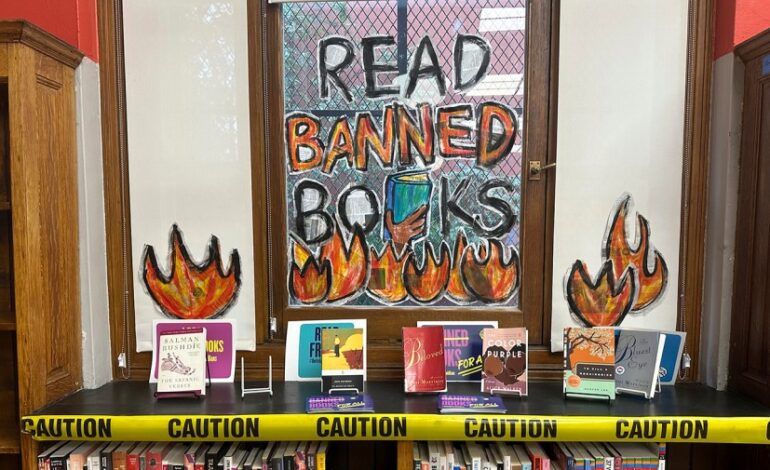Book Bans Decline, But Librarians and Teachers Self-Censor

The landscape of book bans is shifting, with a notable decline in challenges reported during the transition from the 2023-2024 school year to the 2024-2025 term. According to data from the American Library Association, the number of book bans has significantly decreased after years of rising censorship in educational settings. This change reflects a new phase in the ongoing battle against book bans. However, while the overall numbers improve, a troubling trend is emerging: librarians and teachers are increasingly engaging in self-censorship to avoid potential conflicts.
The National Council of Teachers of English has highlighted this issue, emphasizing that many educators are opting to limit their book selections or avoid controversial titles altogether. This self-censorship stems from fears of backlash from parents, school boards, and community members who may oppose certain content. As a result, educators worry about their professional standing and the safety of their work environments.
Data from various school districts across the United States indicates that while formal challenges to books have decreased, the atmosphere of fear and uncertainty persists. Many librarians and teachers report feeling pressured to preemptively remove books that could be deemed contentious. The implications of this self-censorship are profound, as it can restrict students’ access to diverse perspectives and critical thinking opportunities.
In this context, the American Library Association is advocating for policies that support intellectual freedom and protect educators from punitive measures. The organization argues that fostering an open dialogue about literature is essential for nurturing informed and empathetic citizens.
As the debate around book bans continues, the role of librarians and teachers remains critical. Their ability to curate diverse and inclusive reading materials directly impacts students’ educational experiences. The concern is that if self-censorship becomes the norm, students may miss out on essential discussions about race, gender, and identity that are often explored in the literature.
With the decline in reported book bans, the focus must shift to ensuring that educators feel empowered to include a wide range of books in their classrooms. The National Council of Teachers of English has called for increased support for teachers, encouraging them to engage in conversations about the importance of access to literature in fostering critical thinking and understanding among students.
The ongoing discussions surrounding book bans, self-censorship, and educational freedom highlight the need for a balanced approach that respects the concerns of communities while safeguarding the rights of educators. As schools navigate this new terrain, it is essential to prioritize an inclusive educational environment that values diverse voices and perspectives.
The current situation serves as a reminder that while progress in reducing book bans is encouraging, vigilance is necessary to ensure that the spirit of inquiry and exploration remains alive in our classrooms. As educators strive to provide enriching experiences for their students, the dialogue around censorship and intellectual freedom will continue to be a pivotal part of the educational landscape.






